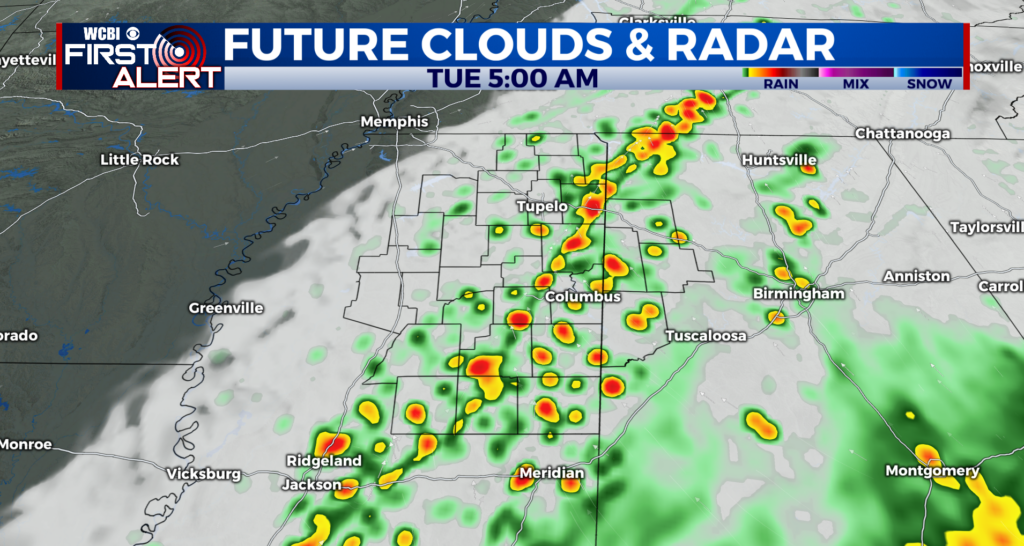Consumer confidence plunges to six-year low
The U.S. consumer confidence index plunged in April as the coronavirus pandemic prompted widespread shutdowns across much of the country and one in six workers lost their jobs. That’s depressed Americans’ confidence in the economy to its lowest since June 2014.
The Conference Board’s consumer confidence index plunged to 86.9, down from 118.8 in March. That comes after the index shed about 14 points in March, when the pandemic was beginning to spread across the U.S. and states began to order residents to shelter in place.
The dizzying pace of business closures and layoffs have eroded consumers’ outlooks and their personal finances. More than 4 in 10 of Americans whose work was affected by the pandemic said they aren’t able to pay for basic needs such as their rent or medical care, according to a new study from the Urban Institute.
The drop in the consumer confidence index comes amid “a severe deterioration in current conditions,” said Lynn Franco, senior director of economic indicators at The Conference Board, in a statement.
Americans’ views on the job market has soured in the last month, with those claiming jobs are “hard to get” jumping to ab33% compared with about 14% in March. Almost half of consumers describe current business conditions as “bad,” compared with slightly more than 1 in 10 in March.
Expectations improve
Even so, consumers are more optimistic about the future, the Conference Board found. The expectations index, which measures consumers’ short-term outlook for income, business and labor market conditions, rose from 86.8 in March to 93.8 in April, the group said.
“The story here seems to be that that people think the current position is so bad that business conditions and the labor market have to better – though not necessarily [to] “good” – in six months’ time,” Ian Shepherdson, chief economist at Pantheon Macroeconomics, said in a client report.
Even though expectations are improving, the level isn’t anything groundbreaking — and in fact stands at its lowest since October 2016, erasing the gains that followed after President Donald Trump’s election, Oxford Economics economist Kathy Bostjancic pointed out in a research note.
She added, “Consumers’ downbeat views about future income prospects can restrain consumer spending and the overall recovery.”





Leave a Reply